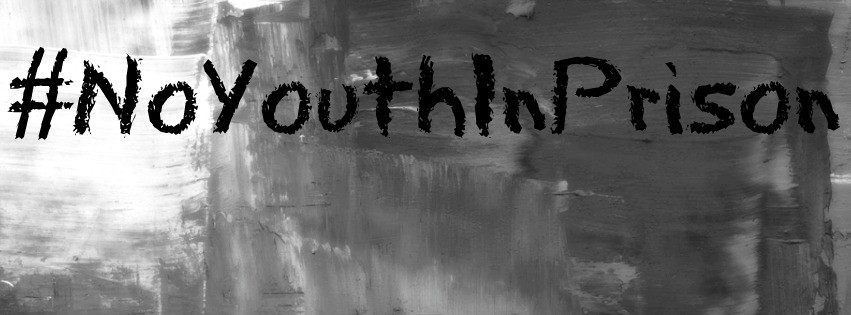Reclaiming Community Power: Why This Assignment Matters to a Junior in College
Admittedly, before beginning this exploration into the world of Grassroots Organizing, I knew exactly how I felt about issues of race and criminalization – they are manifestations of a new Jim Crow and the injustices they perpetuate must be stopped. However, my knowledge on Grassroots Organizing (GO) was minimal and skeptical, at best. How can individuals possibly dismantle massive systems that permeate our everyday lives? How can I, a 21-year old undergraduate student, speak loudly enough for those in power to listen to me? Do I even have any power? The sheer size of the issues I care about have rendered me in a state of paralysis – like a scratched record stuck mid-song, I’ve been repeating my discourse for years without transitioning those words into concrete action and ending my song. Through a combination of events both nation-wide and local, I have come to the realization that “You Can Do It” is more than an overly-sentimental cliche. It is the proclamation of an empowered individual bestowing the most simple advice upon a less-empowered individual – the road to progress is long, winding, painful, and full of failure, none of which should stop you from pursuing your activist passions.
Watching the historic non-indictments of Darren Wilson and Daniel Pantaleo, I saw live coverage of the city of Ferguson being ravaged by flames. In that same moment, I heard the chants of middle and high schoolers in Newark proclaiming, “no justice, no peace!” and “the students united will never be divided!” There is a commonality in these protests and a beautiful power evident in the youth of Newark. I figured, there is no reason why this activism and power is only inherent in the students of Newark. Being a “college ready” man/woman of color means nothing when the man/woman of color is dead. How do we convince people of color that attaining a diploma is prestigious when a diploma is not a bullet-proof shield from very real threats that people of color face? Urban education and our problematic, racist, criminalizing policies are failing to empower and protect our youth. There is something very wrong in an education system that will not stand to defend its youth – ALL of its youth – and demand that their students be treated as equal human beings as opposed to silently shrugging their shoulders when Darren Wilson is receiving vacation time with pay. Those of us who are privileged enough to be in positions where our voices will at least be heard have an obligation to announce and proclaim the injustices that are affecting an entire mass of people. There is a chance for students to pave the way for others to reclaim their education and change the foundation of an oppressive system that, in the same breath, is capable of liberating masses of people. This chance is evident through the many GOs that have garnered solidarity and support in enacting real change on local and, even, national levels.
GOs harness the energy of dissatisfied individuals and transforms that energy into a political momentum that reminds systems of oppression that they haven’t won. Individuals DO have political power, no matter their race, gender, class status, or age. This takeaway point has been one of the most transformative realizations that I have had in a very long time. In fact, it has provided me with the tools and knowledge to navigate a white, inhospitable system and to leverage my privilege for the benefit of others. In light of nation-wide outcries on the School-to-Prison Pipeline and the killing of innocent men of color, I have taken up my own “grassroots” sort of initiative to combat racial injustices in my community at Bowdoin. I have met with dozens of students and approached them with a simply yet rarely heard question, “what do you need/want from Bowdoin? what do you need/want in order to have a positive experience at a place that offers students to feel at home in all lands?” I have compiled the grievances of students and worked alongside several other peers to write a letter – a call to action – to the Bowdoin administration, faculty, staff, community, and students. There is a serious issue at Bowdoin College when it comes to race, however, it is an issue that can be addressed so long as there is solidarity among students. Individuals can enact change. STUDENTS can enact change. By harnessing and mobilizing driven students, we can begin to reimagine the average Bowdoin student and envision a learning community where all are welcomed and accepted.
In solidarity,
Michelle ’16
